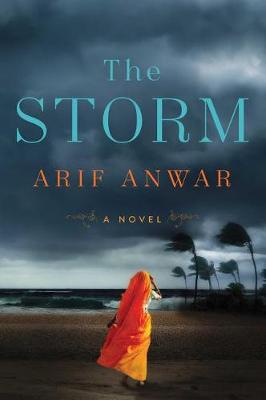Reviewed by jnkay01 on
I’ve covered hurricanes in Miami for nearly 15 years, and I expected Anwar, who was born in Bangladesh and has worked with large non-governmental organizations on poverty and public health issues, to delve into the details of that storm, which should still serve as a cautionary tale for coastal communities. The storm data seems a rich mine for storytelling: hostile relations between India and what was then East Pakistan that hindered communications about hazardous conditions, how the storm’s landfall took so many by surprise, or its legacy as one of the world’s deadliest natural disasters.
But Anwar doesn’t take such a macro view of the storm. It’s a catalyst for the narrative, but it’s also something that happens almost entirely offstage.
Instead, Anwar drills down to an almost microscopic viewpoint to explore Bangladesh’s struggle for independence through intimate, interconnected stories that span 60 years.
The result is less like a catastrophic flood and more like an illustration of the butterfly effect: a Japanese pilot crashing his plane in World War II ripples through the lives of a British doctor, a poor fisherman and his wife, a wealthy couple displaced by the Partition of India and a doctoral student trying to navigate U.S. immigration policy to stay with his U.S.-born daughter in the wake of Sept. 11. The fears they face and the choices they make loom larger than any weather phenomenon.
Reading updates
- Started reading
- 16 May, 2018: Finished reading
- 16 May, 2018: Reviewed
